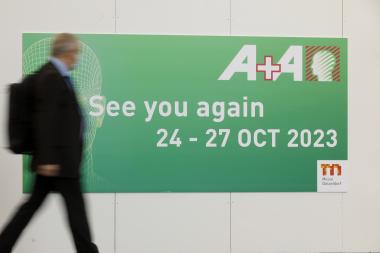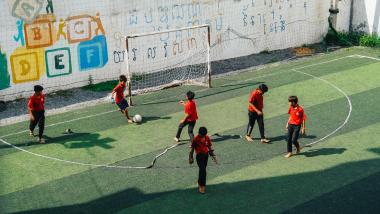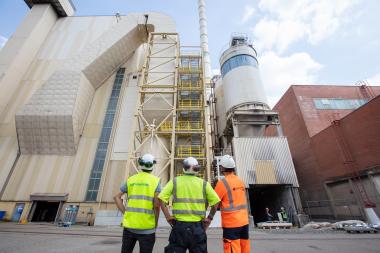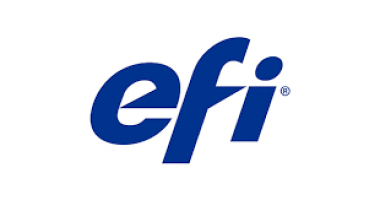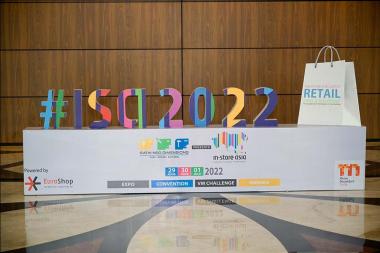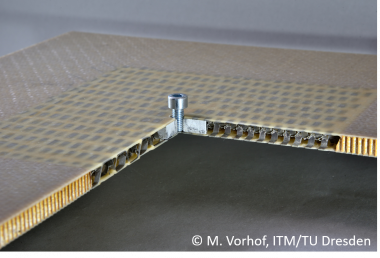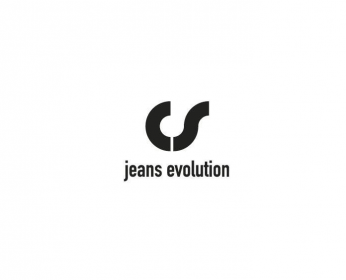A+A with new hall concept and routing
Under the motto “People Matter” numerous exhibitors will be presenting innovative solutions and concepts revolving around safe and healthy work at A+A 2023. This year, the overarching theme of the leading international trade fair will be the two megatrends digitalisation and sustainability.
Furthermore, A+A organisers have changed the hall concept and optimised routing at the exhibition centre: the halls have been clearly segmented according to theme, thereby placing similar products and services in close proximity with each other. This makes it easier for visitors to locate the companies exhibiting ranges of particular interest to them and to find their bearings at the fairgrounds.
Also new: Halls 16 and 17 will present Corporate Wear and Hall 15 the complete spectrum of components and accessories for manufacturing up-to-date protective wear.
In addition to a Corporate Fashion Show visitors are in for further exciting forums as well as an extensive congress programme with international appeal: including the 38th International Congress for Occupational Safety and Occupational Medicine as well as the WearRAcon Europe, to be held in Germany for the first time as part of A+A. Likewise, such topics as ergonomics and New Work will be given significantly more visibility owing to new cooperations and expert lectures.
Messe Düsseldorf GmbH


